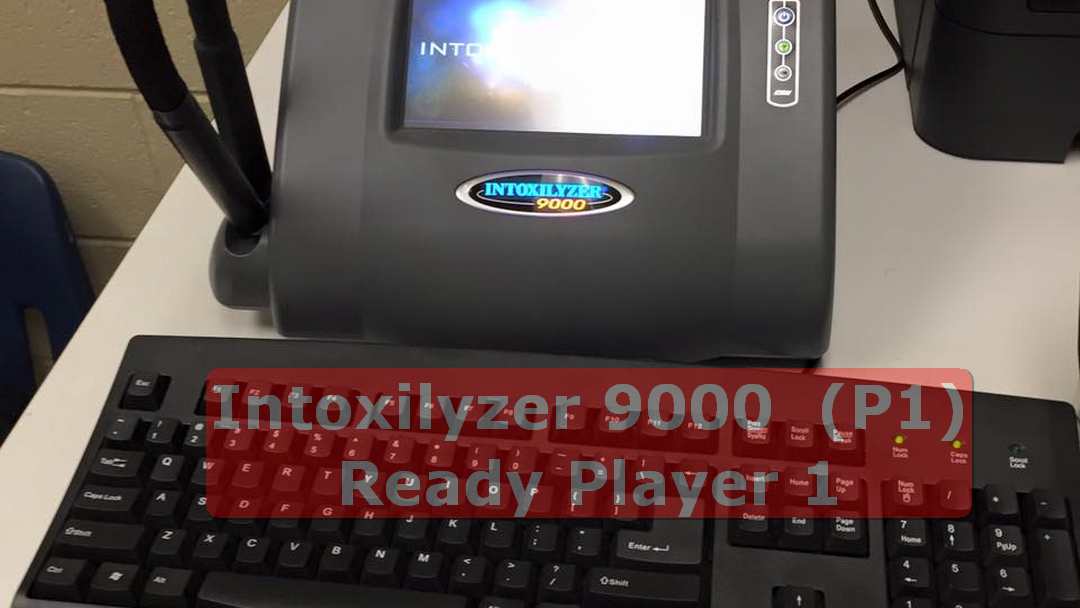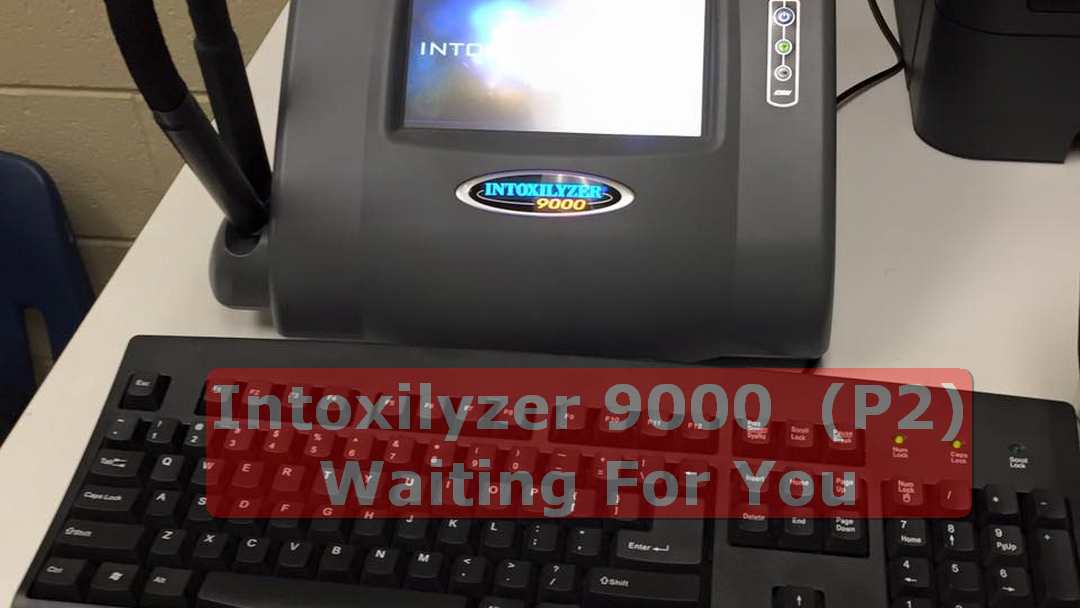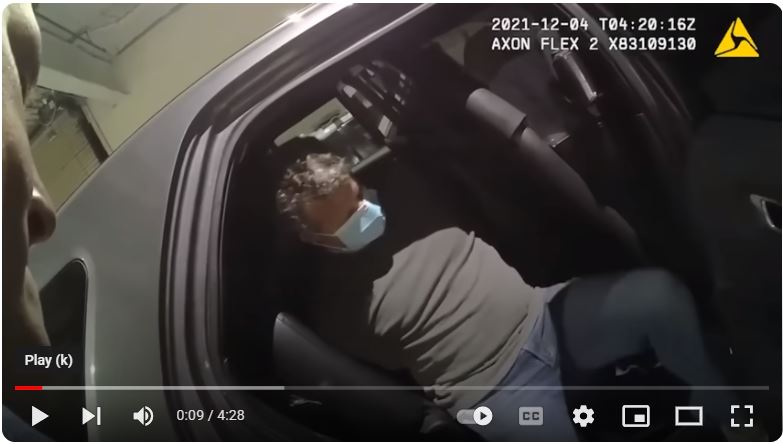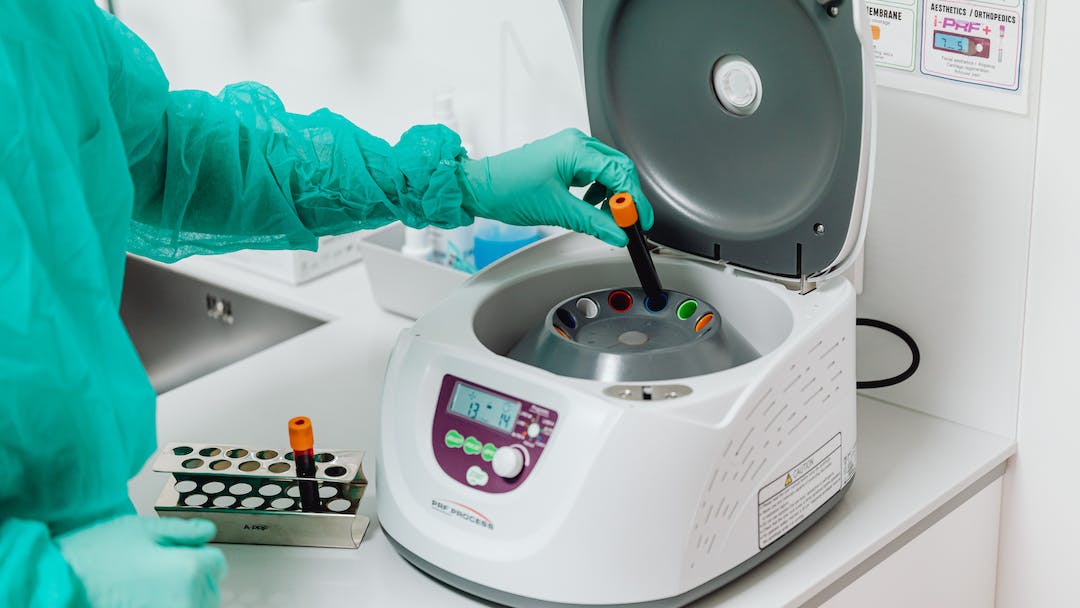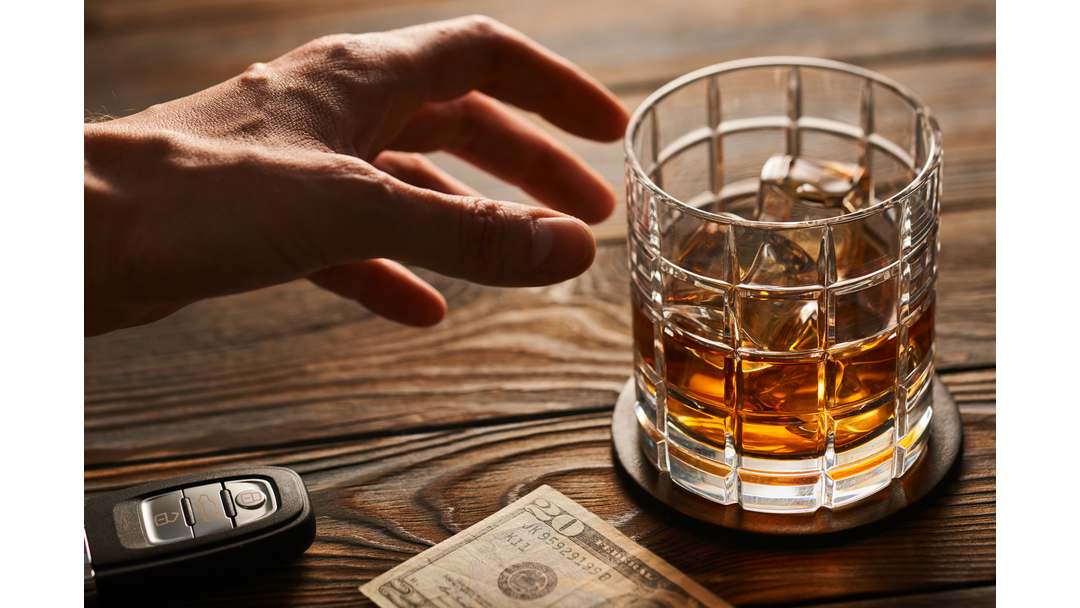First Offense DUI in Michigan: Laws and ConsequencesFacing a first offense DUI in Michigan can be daunting as the implications are significant and the legal landscape is complex. Understanding the laws surrounding Operating While Intoxicated is essential, as these...
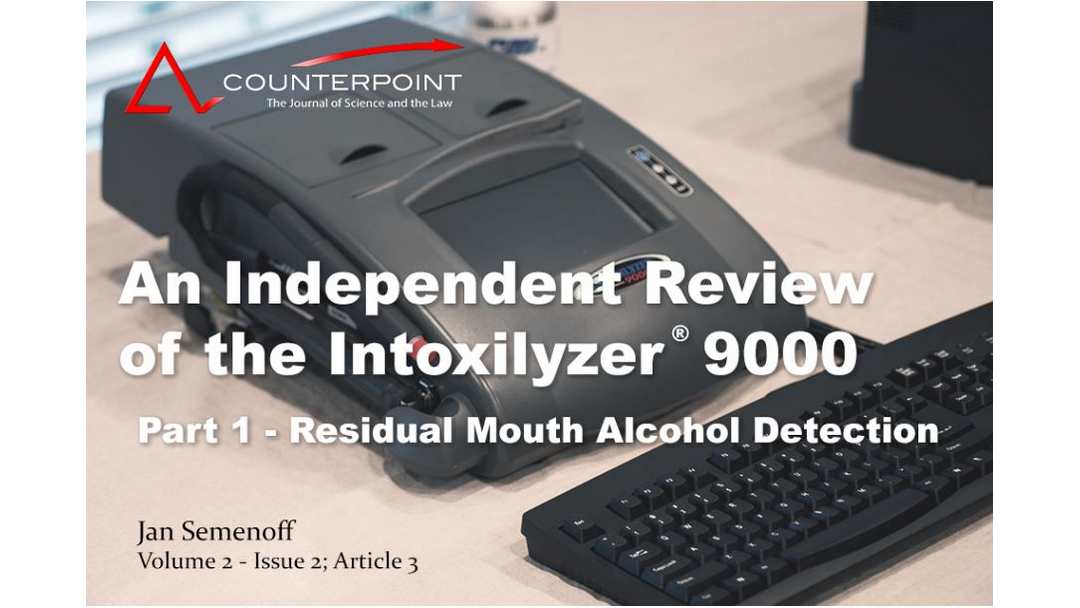
An Independent Review of the Intoxilyzer 9000
An Independent Review of the Intoxilyzer 9000
Part 1 – Residual mouth alcohol detection
Counterpoint Volume 2; Issue 2 – Article 3 (August 2017)
An article in the Core Skills III-2 Module
Jan Semenoff, BA, EMA
Forensic Criminalist
The opportunity to conduct an independent analysis and performance review of a new breath alcohol testing device is rare, particularly the higher-end, evidentiary-level units.
Access to these technologies is stringently controlled by both their manufacturers and the police and government agencies that control them.
Additionally, state agencies are often reluctant to publish the results of their official assessments and analysis of the devices.
When given the opportunity to perform such a review on a new Intoxilyzer 9000, I designed a series of experiments to quickly analyze the overall performance of the device.
I attended the device’s location with colleague Tom Workman (1948 – 2019) to determine its suitability and reliability in a number of key areas, including:
- Overall design and ease of use
- Accuracy in determining in vitro [2] BrAC levels using a simulator
- The ability of the device to determine the presence of Fresh Mouth Alcohol using a Residual
- Alcohol Detection System (RADS) or the so-called “slope detector”.
- Reliability in reporting BrAC [3] readings that are highly specific to ethanol
- The effect of Radio Frequency Interference on the device [4]
This article will provide a general overview of the operational characteristics of the Intoxilyzer 9000. We will additionally look at the apparent accuracy of the device using simulator readings, and examine the ability of the device to “flag” false positive reading caused by fresh mouth alcohol contamination.
Read the rest of Part One here
Parts two and three are in the drop down menu at the site but not easy to notice. The links are below if you have trouble.
Part Two and Part Three will examine the unit’s specificity towards ethanol detection and its ability to identify the presence of an interferent chemical, and the capacity of the device to detect Radio Frequency Interference.
Related Articles
Michigan DUI Laws and Consequences – First Offense
I got a DUI while driving my dad’s boat – Will they take it?
I was out driving my dad's boat on the lake and I got caught drinking. Can they take the boat away from my dad who was not with me?Happy Father's Day - DadNo, in most cases, they likely won't take your dad's boat away for you getting a DUI while driving it. They Could...
Boating in Michigan on Alcohol and Drugs – It’s Illegal
If it's got a motor, it's a BUIWe got lakes, we got boats, we got alcohol, we got cannabis all the fun you can possibly find on a holiday weekend in the summer. Just don't combine them all or you'll be calling us or your cousin Vinny. Operating a Boat Under the...
Alcohol, Drugs, Kayaking – It could be a problem
Can I drink alcohol and smoke cannabis if I'm canoeing or kayaking or tubing or paddleboarding or just floating around?While Michigan law doesn't explicitly forbid consuming alcohol on non-motorized vessels like canoes or kayaks, it's strongly discouraged for safety...
More Posts

When Can Police Take Your Dash Cam?
You work hard. Now get ready to work harder to prepare to give more.In Michigan, police can take your dashcam footage in specific situations, primarily when they believe it could serve as evidence in a criminal investigation. Michigan law permits officers to seize...
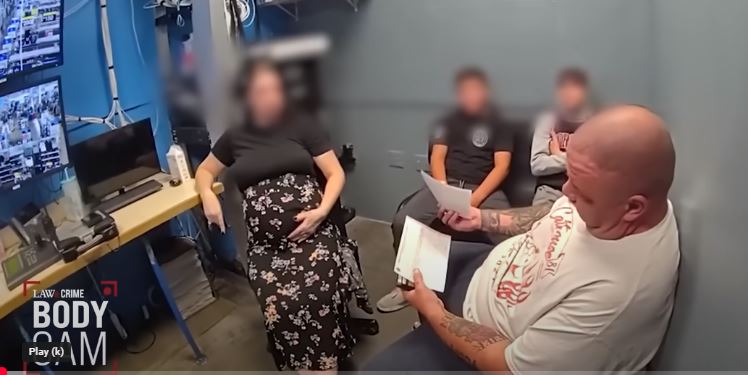
People who are going to need a Lawyer – November 12, 2024
People who are going to need a LawyerMan so drunk field sobriety tests were ‘too dangerous’ sentenced to life in prison for repeated DWI convictions‘Several terabytes’: Diddy prosecutors shed light on ‘voluminous’ discovery, including iCloud accounts and dozens of...

Cambridge Analytica data breach comes before court
Oral arguments in Facebook v. Amalgamated Bank will beginThe justices are set to review securities law as they hear arguments in a significant case linked to the 2015 data breach involving Cambridge Analytica and Facebook. The tech giant’s effort to fend off federal...

Search and Seizure – Consent or Plain view
The Fourth Amendment was established to protect individuals from unreasonable searches and seizures, yet there are exceptions.In Michigan, understanding the concepts of search and seizure, particularly regarding consent and plain view, is crucial for both law...

A drunk driving investigation, a car wreck and a blood draw
A Case Summary: People v. Blake Anthony-William BartonOn October 11, 2024, the Michigan Court of Appeals issued a decision in the case People of the State of Michigan v. Blake Anthony-William Barton. The case involved a drunk driving investigation following a car...

Police say they can tell if you are too high to drive
Police say they can tell if you are too high to drive. Critics call it ‘utter nonsense’Haley Butler-Moore sped up to pass a semi on the highway when she suddenly saw the police lights. She’d left Albuquerque hours earlier, heading to a Halloween party in Denver. Tired...

Cannabis – The Rise and Fall and Trail of Survivors Pile Up
Thieves make off with 1,000 pounds of premium flower in cannabis from a corporate grower in Michigan. Then, the GM sells off 650+ pounds to pay employees.The recent theft of over 1,000 pounds of marijuana from 305 Farms, a corporate cannabis grower in West Michigan,...

If you have an LLC you must comply or face fines and possible prison
You work hard. Now get ready to work harder to prepare to give more.If you own or are a member of an LLC.You have a deadline of January 1, 2025Call us we can take care of it for you. 248-357-2550The new Beneficial Ownership Reporting requirements for LLCs and other...

Compounding Charges Laws in Michigan
Understanding Compounding Charges Laws in Michigan Compounding charges refer to the illegal act of accepting or agreeing to accept a benefit in exchange for not prosecuting a crime. In Michigan, this is considered a serious offense, and the law specifically prohibits...

Harris unveils new proposals targeting black men with cannabis legalization
"Harris unveils new proposals targeting Black men as she looks to shore up Democratic coalition" CNNAmid the ongoing national issues, Vice President Kamala Harris introduced new initiatives on Monday aimed at addressing the needs of Black men as she works to bolster...






